Barlin, July 12 (V7N) - Sometimes, a pause helps. Three minutes after Xavi Simons’s solo-run goal slipped England into pandemonium, Jude Bellingham suffered a blow on his head, colliding with Jerdy Schouten. But when the support staff attended to Bellingham, England’s Kieran Trippier, a warrior according to his coach, snarled at his teammates, exhorting them to pick the shattered pieces of their self-belief.
He rushed to Declan Rice, from whom Simons had snatched the ball, and offered a warm embrace. He wrapped an arm of comfort around Phil Foden, whose struggles had embodied England’s passivity.
Something suddenly stirred. The England that resumed after the break was a different animal, a beast that relentlessly tossed and ripped the Dutch stranglehold apart. England buzzed and fizzed into life, for 35 minutes of sustained and sweeping magnificence. The repelling parts finally fused and burned to produce carnage.
Two minutes on, Phil Foden composed a clever free-kick that Rice could have flicked towards the goal rather than passing back; Harry Kane would trap a ball on the turn and cracked a shot from 30 yards. Bukayo Saka, England’s most penetrative forward in the entire tournament, warped through the tight alleys into expansive spaces. He schemed the contentious Harry Kane penalty. He swanned into the box and took his shot, but the blocked attempt bounced to Kane. The VAR check, drama, the penalty and equalizer threw the game into the melodrama zone.
It was even a kind of distraction, a disruption of England’s fluttering forwards. Kane regained his mobility, his pace and positioning instinct; Saka was a little globe of fire, swerving past the Dutch backline like a gust of breeze, cutting into his preferred inside right channels that lingering on the far-right zones. It freed up space behind him, where Foden would slash in. The Manchester City forward has been the critics’ lightning rod for criticism, the finest example of Gareth Southgate’s capacity to stifle creative footballers. Foden’s link-up with another colleague from Manchester City, Kyle Walker, oozed reassurance too. Walker served Saka and Foden with a stream of overlapping runs, cutting open the Dutch backline. Foden relished the free role, where he could shuttle in and out of the flanks with Jude Bellingham filling into the pockets of real estate he left behind.
He was woefully unfortunate not to enter the scoresheet. He channeled his inner Lamine Yamal and packed a curler into the far corner from 25 yards. Had the shot not cannoned off the woodwork (Yamal’s too hit the post, but deflected into the net), this would have been as spectacular a goal as the Spaniard’s because he had struck the shot on half-run.
Foden’s Swagger Returns
Nonetheless, Southgate would be pleased at Foden’s vibes, the swagger and intensity had returned. He is his most important forward — EPL’s player of the season last year no less — with his vision, passing range, finishing skills, and someone who could perform roles within roles.
Even the Kane-Bellingham understanding improved, furnishing intermittent glimpses of the combined havoc, their smooth interchanging of roles and understanding of each other’s movements.
In those 35 minutes in Dortmund every note and syllable fell into place. Cagey, compressed, and unimaginative for most of their campaign, England breathed freedom, life, and imagination. Kobbie Mainoo owes a chunk of credit too. He kept sliding in passes others didn’t see. He twice released Foden for goals (the Dumfries one and another the forward bunted to the goalkeeper). He won several balls in the final third, despite his relatively deeper starting positions, and had a couple of attempts himself. He rarely clings onto the ball for too long, barely attempts the outrageous, but unlocks defenses with eye-of-the-needle passing.
In this irresistible passage, Rice too displayed the virtues that made him his club Arsenal’s lead act in the season past. For much of the season, he has looked clumsy in possession, often seeking the route of safety rather than aggression. He would close his body at the ball and pass sideways. He was largely confined to his territory, which is not a bad thing, but only if making progressive passes. But against the Netherlands, he frequently pinged the ball forward and produced precise diagonal balls. He was doubtlessly a few notches below his peak but threw assuring signs of revival.
The upturn was that England looked increasingly creative and purposeful, more than they had looked in any other game in this tournament. The downswing was that it lasted only 35 minutes and dissipated after the Dutch shored up their midfield, switching an injured Memphis Depay for Joey Veerman. Old habits sneaked back.
Without space, they resumed the sideways passing routine. The spark fizzled out, the match meandered on, and they just kept waiting endlessly for a twist of fate.
Southgate has, at times, been slow to make in-game changes, ponderous to the tactics of the opponent. Good teams could ruthlessly punish them. His resistance to tweak the dysfunctional left flank could pile on eternal agony if Yamal clicks into his gears on Sunday. He did displace Trippier with Luke Shaw in the second half, which immediately enhanced their thrust and threat. In the end, the substitutions too were brave and rewarding. There was relief and joy when the whistle blew after Ollie Watkins fired a stoppage-time winner. Southgate, having long swapped his waistcoat for a white polo t-shirt, punched the air in frenzy. Though imperfections still gleam, England is a far better side now than they were at the start of the knockouts. And those 35 minutes of buzz and life offer them hope of Euro redemption.
END/VSD/SMA/



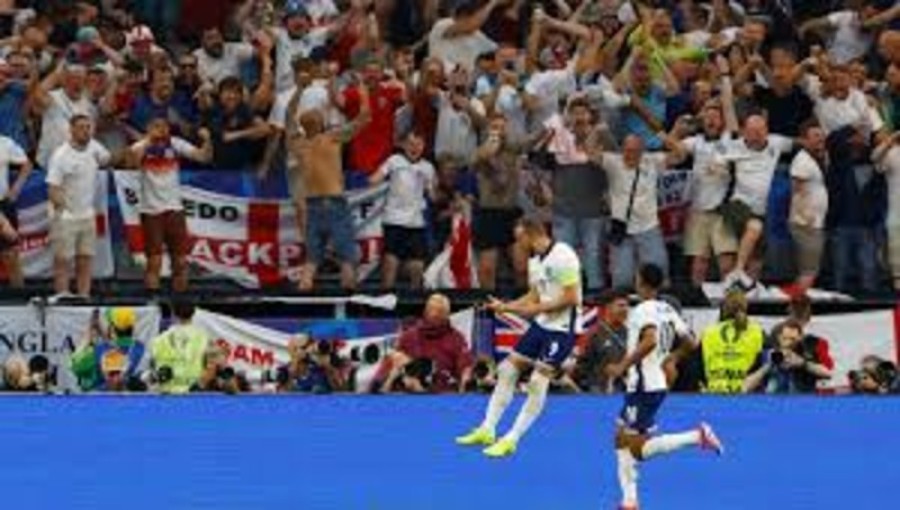

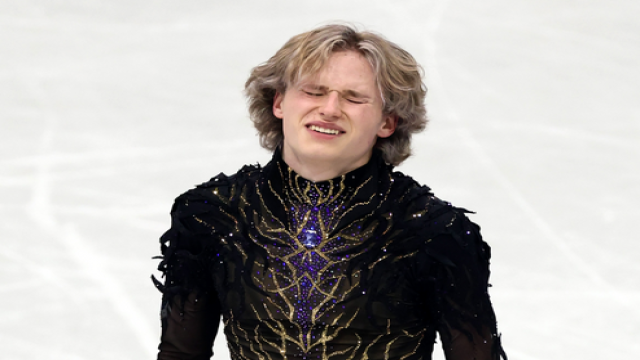
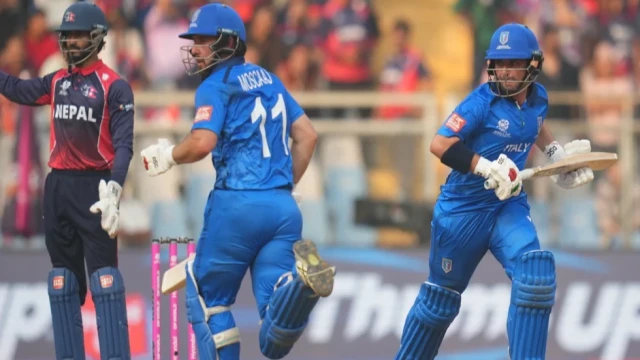
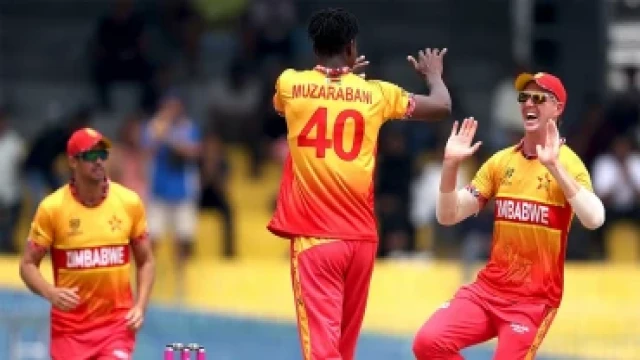

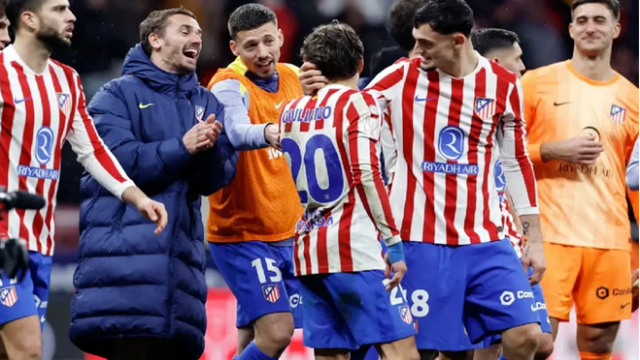


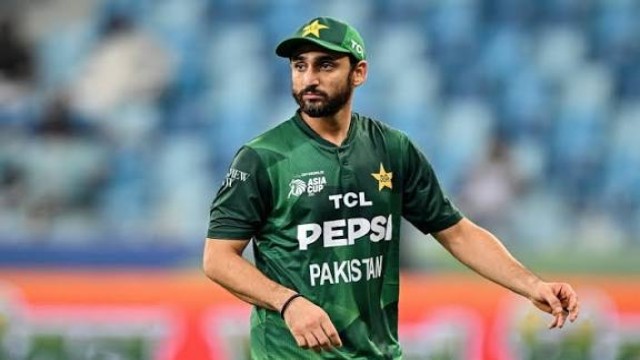


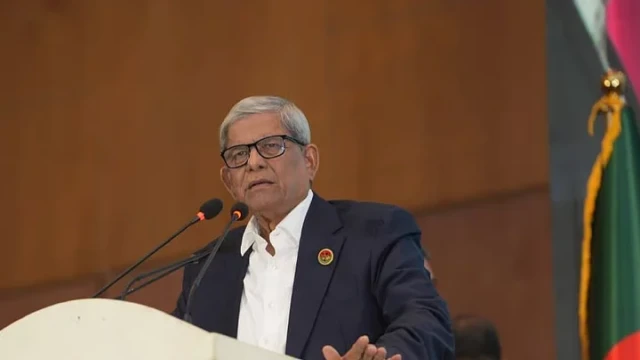













Comment: